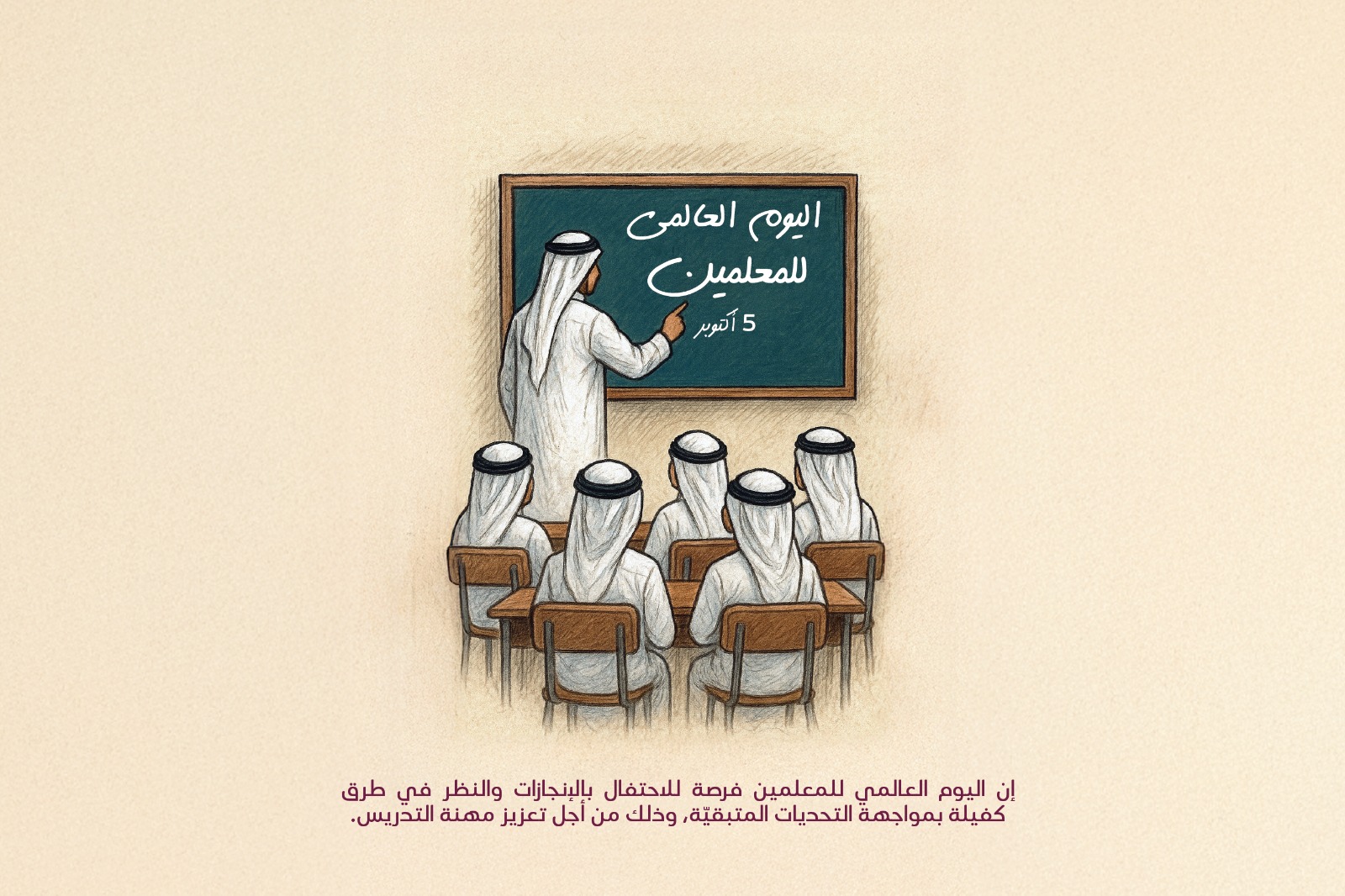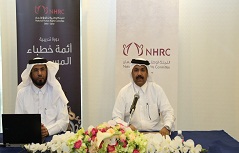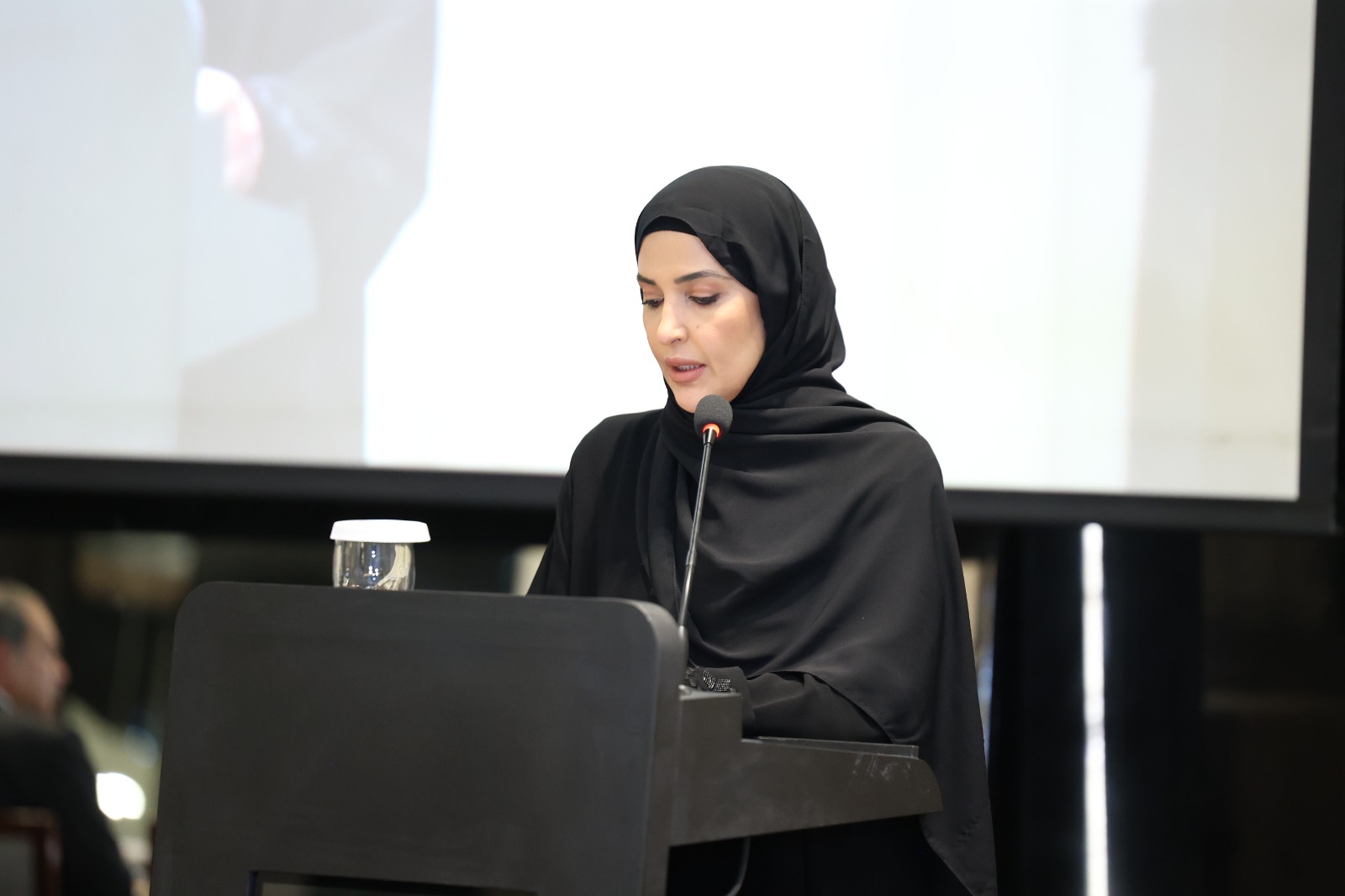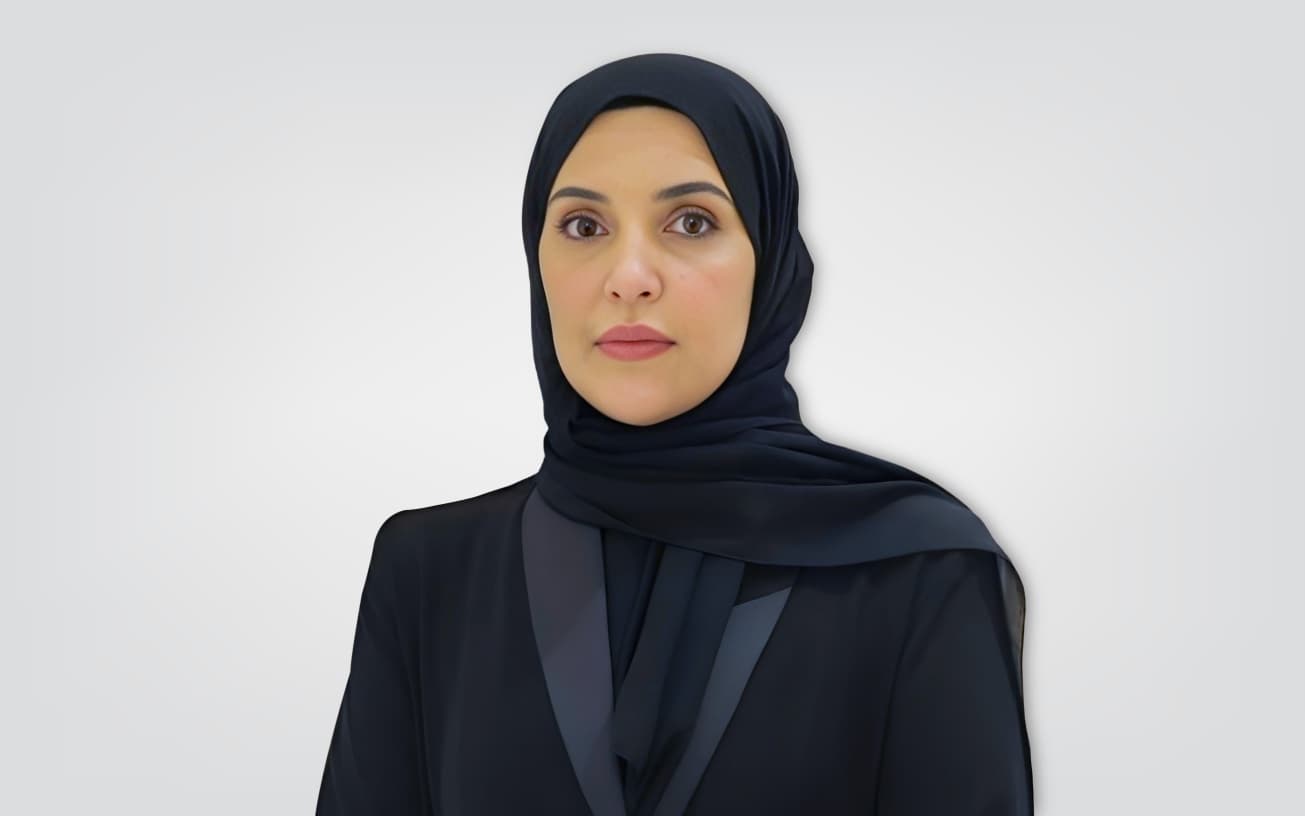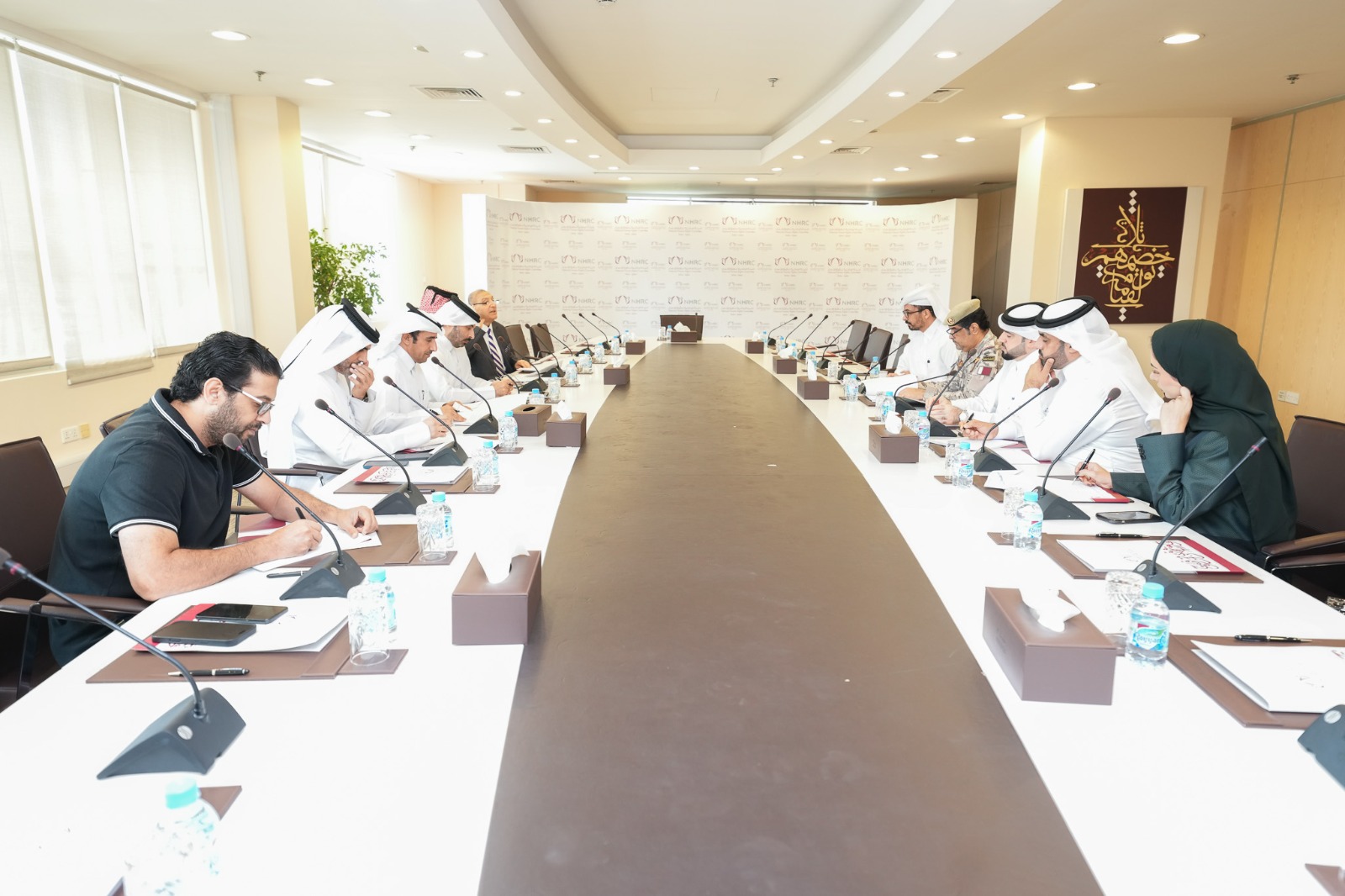الرجوع الى الأخبار
The NHRC organized a training course for the benefit of mosque leaders and preachers
The NHRC organized a training course in the field of human rights for the benefit of mosque leaders and preachers during this period from 7 to 8 October . The course comes in the framework of implementing objectives of the NHRC in raising awareness and education on human rights and freedoms and the consolidation of its principles in both the thought and practice.
Mr. Jaber Al Huwail, Director of the Legal Affairs department at the NHRC, said in his opening speech: This course is part of a series of customized training courses for mosque leaders and preachers due to their significant place in the society as they are an essential resources of science, knowledge, and culture. Al Huwail emphasized the keenness of the NHRC to achieve the most benefit of this two days- course. Al Hwail said: clerics and religious leaders have a special place as They are the heirs of the prophets who have raised generations are still carry out their duties and noble mission in peaceful education and religious upbringing .
Dr. Sultan Ibrahim Al-Hashemi, presented a working paper on the role of religious institutions in combating extremism and hate speech which dealt with the introduction of human rights in Islam, pointing out that it is not the production of Western thought, it is a fact that came out of Islam. He said: Anyone who has followed the provisions of the texts of the Koran and the Sunnah finds no doubt that human rights are enshrined in a general sense, such as the right to life, dignity, freedom, human as the best of God's creation. Al Hashemi discussed the concept of hate speech and the reasons for its inception, most importantly the political persecution, and the media including television, the press ... etc., besides other reasons such as color, nationality, or ethnicity, Stressing that religious institutions have major role in the development of important rules that can collect all people on one religion, not force them to convert to Islam, while respect Islam, Calling for the need to recognize the rights of non-Muslims such as: keeping their human dignity (And We have certainly honored the children of Adam), along with the need for the religious institutions to improved its means by which the advantages of this great religion are introduced, where some of us do not introduce Islam in a proper means. Al Hashemi stressed the importance of highlighting the virtues of this religion in all spheres of life, especially the biography of the Prophet, peace be upon him in striving to the call to God Almighty, and coexistence with other communities of people of the Book, or other doctrines.
Dr. Ahmed bin Mohammed Abou Enein, Secretary-General of the international Federation of advocates pointed out that Islam cared for non-Muslims rights such as the rights of infidels in fulfilling their pledges, as well as to the rights of the people of the book; rights of neighbors hold a high status in Islam rights neighbor was Prophet Muhammad, peace be upon him when he visited the Jewish neighbor who was sick. Islam also acknowledged the right of those who are in authority and clearly defines the Rights of Parents (which mean duties of children) and the rights of children, in their naming from birth to Education; Islam is keen on the rights of orphans, the poor, the needy and divorced women. He pointed out that Islam consolidates human rights, noting that the sanctions contained in Islam came to supplement these rights as they preserve and maintain communities of corruption and control the chaos. , .
Mr. Ali Muharram, legal expert at the NHRC presented a paper on the basic principles of human rights, noting that it is a combination of the teachings of the monotheistic religions, and cultural accumulation produced by human, before the United Nation codified and approved them in international charters. He said: There is no doubt that human rights is very important for individuals and states, they represent an individual fundamental guarantee that is necessary for safe life in which human dignity is preserved, he added: If the individual is the cornerstone in building the homeland, it is no doubt in that respect and protection of his rights could establish the spirit of loyalty and belonging to the homeland. He stressed that the roots of human rights principles extends to the essence of the Islamic message, and said: Islam is the first to set principles of human rights, and laid the foundations of international human rights law
The course is for 2 days and it includes six lectures (three lectures a day), lectures of the first day deal with of the role of religious institutions in combating hate speech and extremism, the basic principles and concepts of human rights, and human rights in the Islamic legislation, while lectures of the second day revolve around the Convention on the Rights of the Child, the Convention on the Rights of Persons with Disabilities, national and international mechanisms for the protection of human rights, then the course conclude with a lecture about the right to work and workers' rights.
الصور


